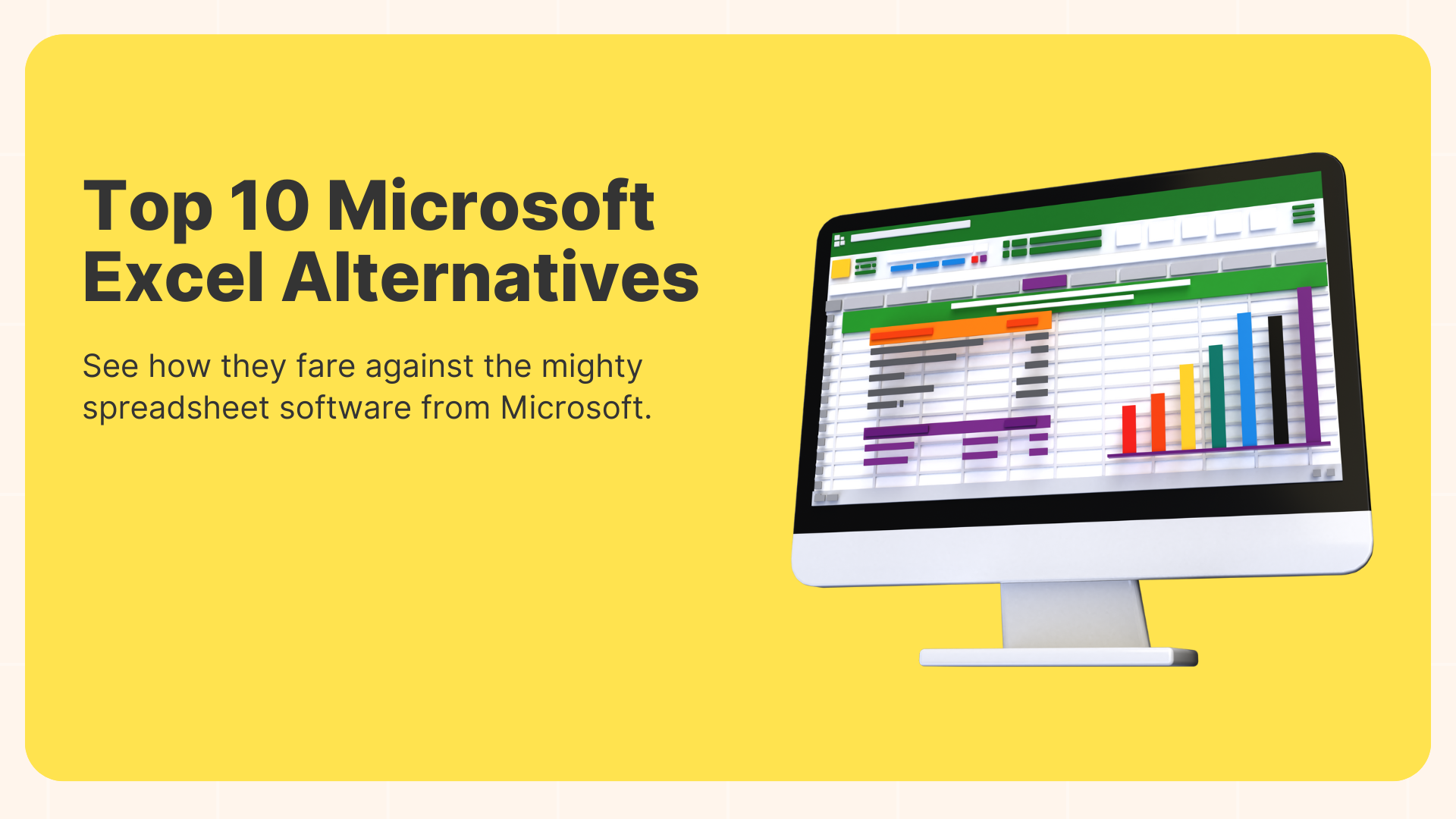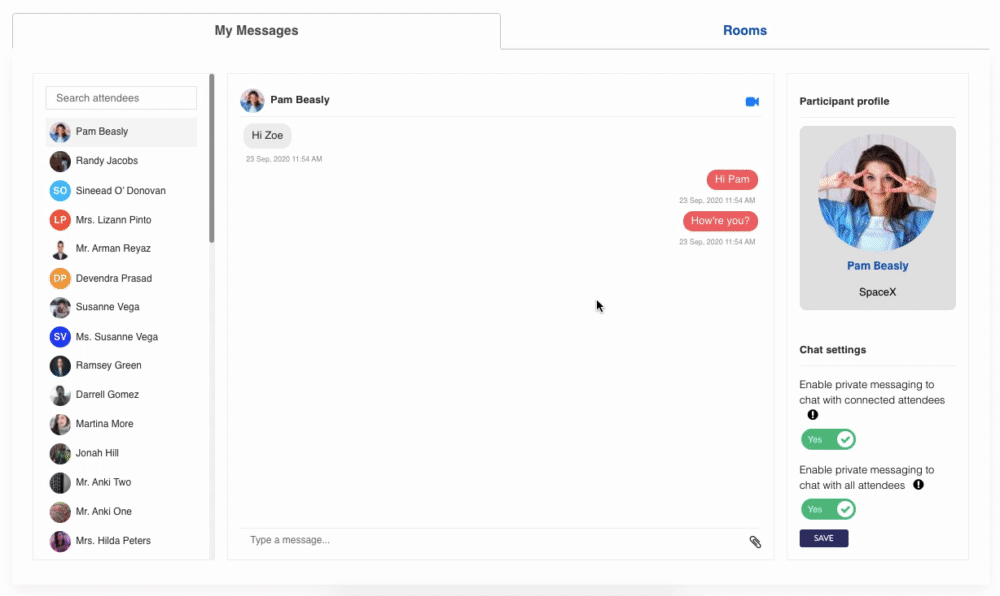
Traveling to an Event? Here are the Best Travel Credit Cards in the United States in 2021. Based on Rewards, Bonuses & Key Features & Annual Fees.
Chase Sapphire Reserve® Credit Card
🎁 Rewards
☑ Annual travel credit of $300
☑ 50,000 bonus points on spending $4,000 in first 3 months
🎯 Key Features
☑ Unlimited 3x points on travel and dining purchases
☑ Priority Pass Select membership: Provides access to over 1,000 airport lounges worldwide plus a selection of restaurants. The cardholder and two guests can enter for free; additional guests cost $32 each.
☑ 1:1 point transfer to leading airline and hotel loyalty programs
☑ Visa Infinite Concierge: Call for non-emergency help of all kinds
☑ Reimbursement for the application fee for TSA PreCheck or Global Entry
☑ No foreign transaction fees
Continue reading











